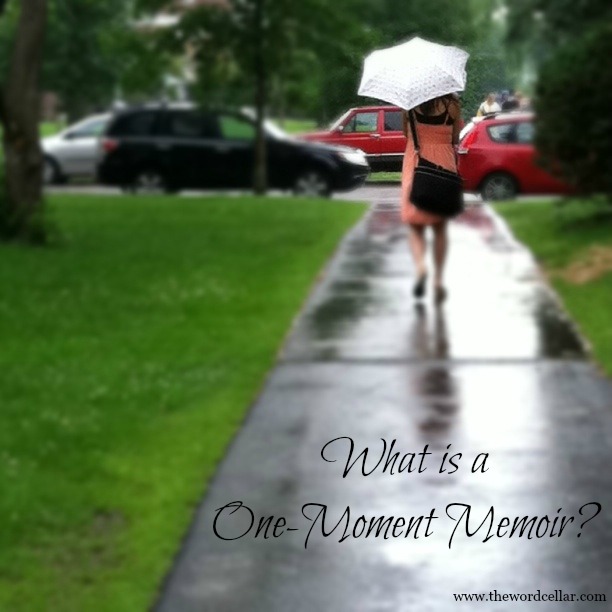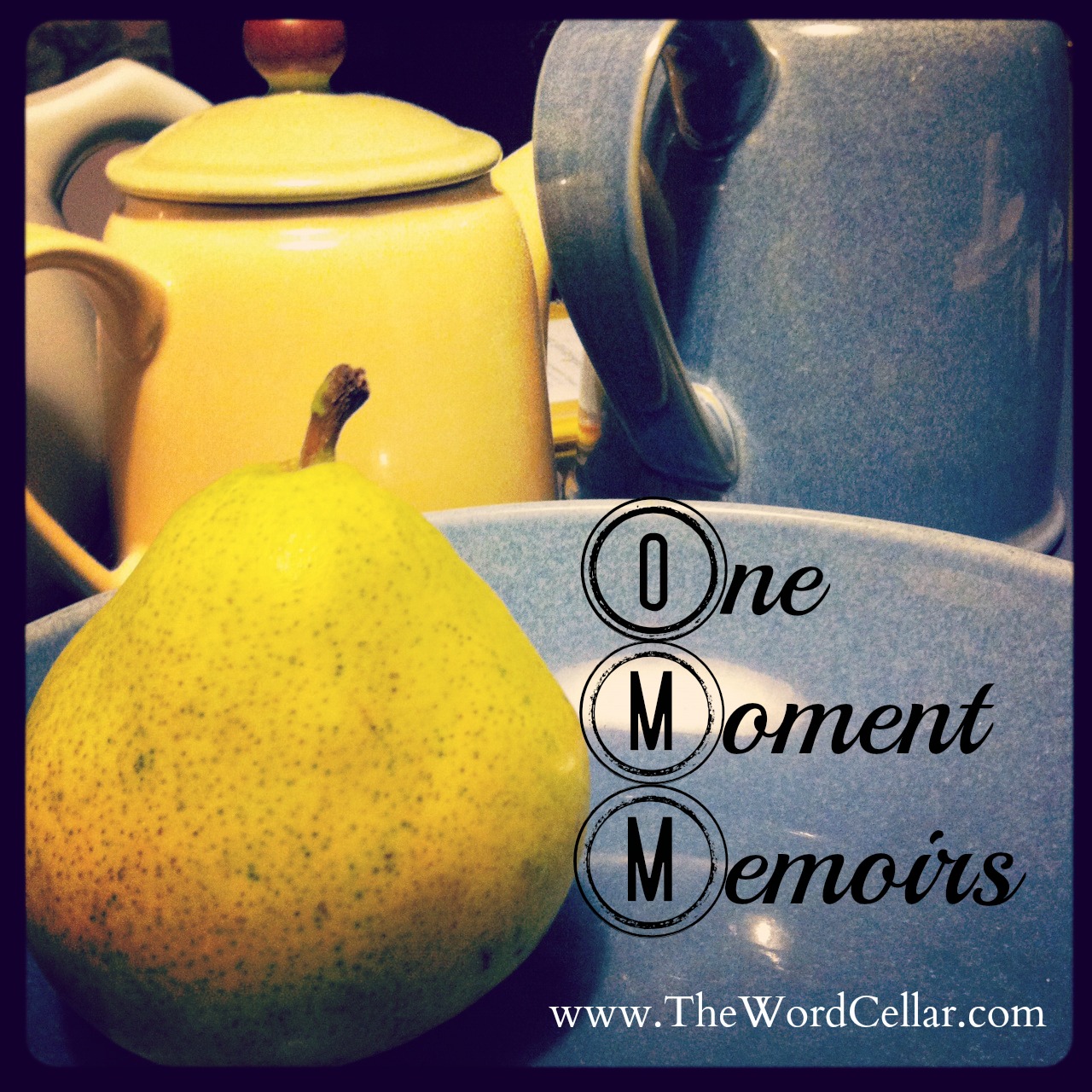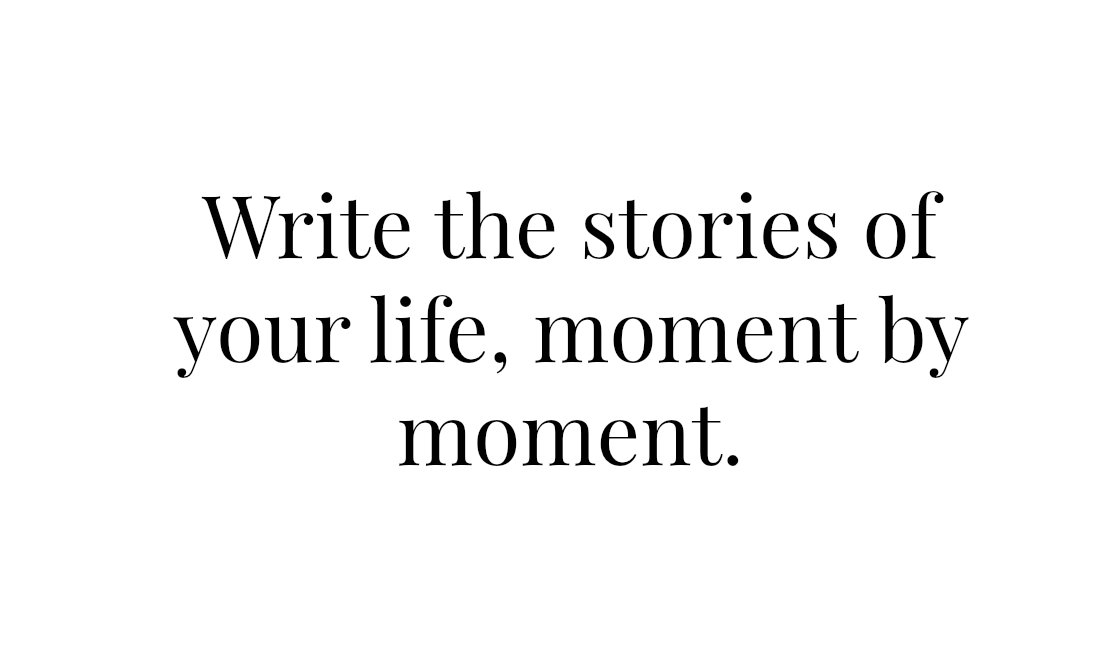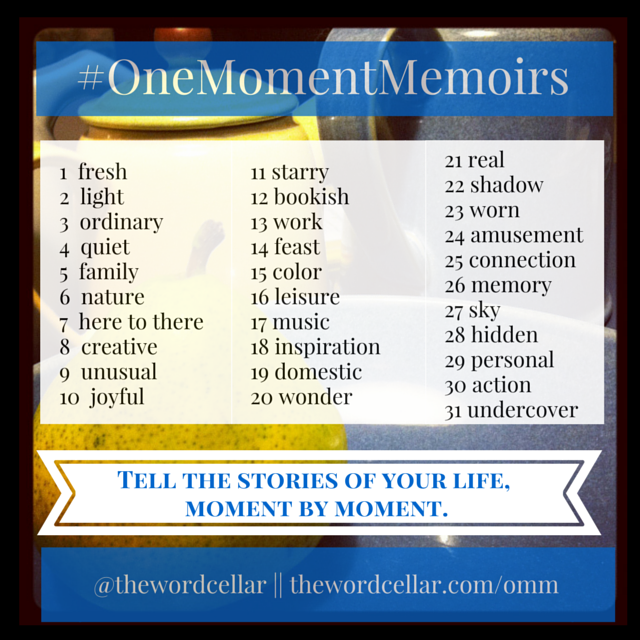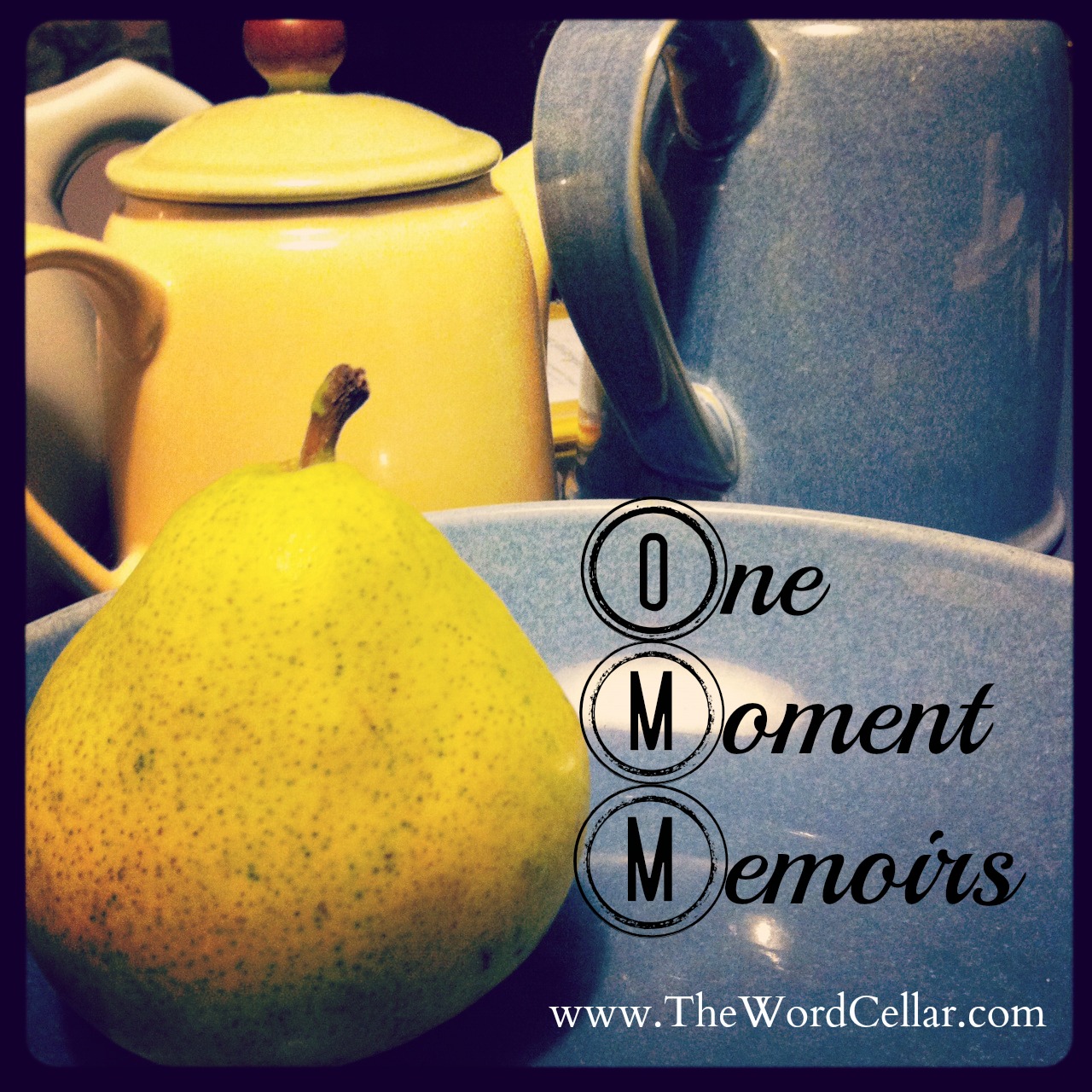
I love my clients and students. I love that I get to work with other writers and creatives. I love being a writer, editor, coach, and facilitator. I love sharing what I've learned about writing through many years of trial and error, study, and practice. That word "sharing" is key to how I view my role. I often like to say that I'm a "sharer" not a "teacher." Even though I do teach writing classes and workshop, something about the term "teacher" doesn't quite feel right to me.
Maybe my resistance to the title "teacher" is a holdover from my brief undergraduate stint as an education major -- first elementary ed., and then English ed. Truth is, I wanted to be a straight-up English major, but some influential and well-meaning adults in my life had me afraid to pursue that path. They said, "An English major? You'll never get a job with that degree!" By the end of my freshman year, it was painfully clear to me that being in a classroom full of kids or teenagers just wasn't my calling. Thankfully, by that time, I had met other influential and well-meaning adults who said, "An English major? Oh, you can do anything with that degree!" Emboldened, I promptly dropped the "ed" and high-tailed it into the English Lit program. So maybe this whole "sharer" vs. "teacher" thing is semantics, but semantics ("the meaning of words and phrases in a particular context") are pretty damn important to a writer and English major.
But I digress....
The point is that I love working with writers and creative people as a coach, mentor, editor, and sharer. My clients are smart and funny and talented, and chock-full of heart. So I thought I'd share some of them with you in a new series I'm calling "Share the Love Interviews."
People often wonder what it's like to work with a writing coach or editor. In this interview, I asked my client Kira Elliott some questions about what it's been like to work with me. She has been part of my writing apprenticeship program for about two years now, and I'm honored to call her a client, a colleague, and a friend. Her answers to my questions have me blushing. Seriously, I may be her writing coach, but I did not coach her on these answers. But she said such nice things that I'm thinking I should hire her as my marketing & PR person! (What's that saying about the apprentice becoming the master?)
And yes, she calls me a "teacher" a few times. Semantics or not, I'll take it as a true compliment.
 So, without further ado, let me introduce you to Kira Elliott, a writer, teacher, and community developer living in the Detroit area. She is an Amherst Writers and Artists (AWA) Affiliate, certified to lead workshops in the AWA method as described in Writing Alone & With Others by Pat Schneider (Oxford University Press). Kira holds a BFA in ceramics and printmaking from Wayne State University. She finds inspiration in paying attention to the present moment, teaching creative writing, and being outside among the trees. Kira blogs at www.kiraelliott.com.
So, without further ado, let me introduce you to Kira Elliott, a writer, teacher, and community developer living in the Detroit area. She is an Amherst Writers and Artists (AWA) Affiliate, certified to lead workshops in the AWA method as described in Writing Alone & With Others by Pat Schneider (Oxford University Press). Kira holds a BFA in ceramics and printmaking from Wayne State University. She finds inspiration in paying attention to the present moment, teaching creative writing, and being outside among the trees. Kira blogs at www.kiraelliott.com.
Here is our email interview.
Jenna: What do you know about writing now that you didn’t know a year ago?
Kira: I think the biggest thing I know about writing now that I didn't know a year ago is the difference between the story and the situation. The first essay I wrote for you almost two years ago was flat, muddled and hard to follow. I was telling a story, but I didn’t know why I was telling it. You gave me tools, resources and feedback so I could learn how to create scenes that were part of the larger story.
I have also learned so much about grammar and craft. I was always intimated by these things, but working with you, I've learned how to use grammar as a tool to clarify and mold what I am trying to say. There are so many moving parts when writing and editing. I know now that I am going to make a huge mess, be lost, be confused, and have doubt -- but if I keep working at it, things smooth out and start to come together. I also know it is getting easier for me to apply craft to my work.
J: What have been the best parts of working with a writing coach?
K: You know I think you're the perfect writing coach for me. I have dyslexia, and growing up I was told I was dumb and could never be a writer. I have large gaps in my education due to fear of English classes and teachers. Writing was always fraught with humiliation and shame. That said, you're a patient and wise teacher with a big heart. Aside from being a great editor, you know just the right thing to say and are able to zero in on my resistance. I like that you're clear, direct and that I always get constructive feedback on the content and the craft of my work.
In the almost two years we've been working together, I have moved beyond my comfort zones. I just submitted a flash non-fiction piece to a literary journal. Last May I attended the Creative Nonfiction Writers conference and participated in a writing workshop. I never would have done these things without your gentle encouragement.
In a nutshell, working with you makes me want to write more, not less. To me that is the litmus test of a good teacher.

J: Do you have any writing quirks or pet peeves?
K: I sometimes draft new material directly on the computer, but my writing is fresher when I draft new material by hand in a cheap, spiral, wide-ruled notebook, skipping every other line using a cheap ball point pen. I then will dictate my writing into a Word document using Dragon Dictate. Something about this process of writing by hand and then reading the work out loud feels satisfying and empowering, kind of like all the pieces of a puzzle clicking together. From there I can edit, which normally goes on for days and days.
J: Care to share three books that you adore?
K: Naming just three is almost impossible, but today I will say:
- Safekeeping: Some True Stories from a Life by Abigail Thomas
- When Women Were Birds by Terry Tempest Williams
- The Cloud and The Leaf by Mary Oliver
J: Tell us about the writing projects you're working on now.
K: Aside from my blog, where I share my photography and thoughts about creativity, mindfulness and my somewhat messy life, I am working on two main projects.
One is a collection of vignettes about growing up with a mentally ill mother. Even though I have over 15,000 words written, I say this is maybe in the toddler stage. You've been guiding me through the work, giving me feedback and helping me think through the sticky points. There are a lot of sticky points.
I have also created creative writing workshops based on the Amherst Writers and Artist Method as taught by Pat Schneider in her book Writing Alone and With Others. The gift of owning my identity as a writer came from over 7 years of participating in an AWA workshop, and it profoundly changed my life. It was the first time I read my writing out loud and received feedback. It is because of the AWA method that I was able to muster the courage to start working with you and expand my writing craft. Working with you has given me the courage to feel confident that I can help others find their creative writing voice too. My creative writing workshops and retreats are offered online and in person. You can find more information here.
J: Thank you so much, Kira!
** ** **
Be sure to check out Kira's upcoming AWA writing workshop and read her blog.
If you're interested in working with me, or have any questions about taking one of my upcoming online writing classes, receiving editorial feedback on your work, or signing up for a writing apprenticeship, please let me know (in the comments below or by contacting me).
 Thursday, January 22, 2015 at 10:28PM
Thursday, January 22, 2015 at 10:28PM 







